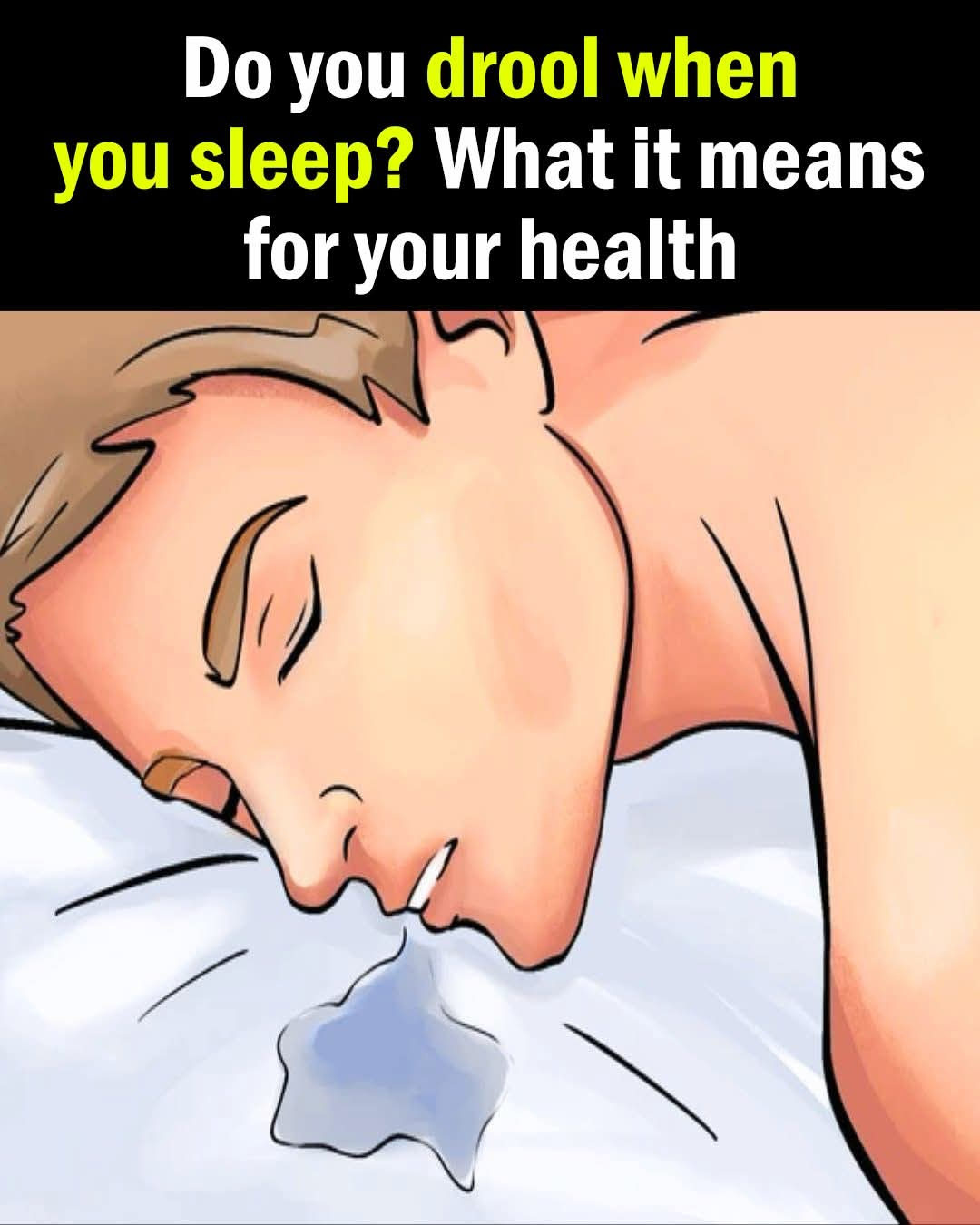
10 Reasons You’re Drooling While You Sleep and What It Could Mean
Let’s be clear here: Drooling while you sleep is typically not a health concern whatsoever. In fact, it is quite normal. It can be somewhat embarassing, however, particularly if you drool after having nodded off on a bus, airplane, or on your mother-in-law’s new couch. Drooling while you sleep can also indicate that perhaps there is something else going on with your health that you should be having checked out by a medical professional. These are some of the reasons why you might drool while sleeping, what you can do about it, and how to know when to see a doctor.
10 Reasons Why You’re Drooling While Sleeping

There are so many reasons why you might be drooling while sleeping. Some people drool only while taking a nap but otherwise don’t at all. For others, waking up to a wet spot on the pillow is just a run-of-the-mill morning. Sometimes, these reasons are completely benign. However, there are some conditions that can cause you to drool while sleeping that you should consult your healthcare provider about. The following are the 10 most common reasons for droling while sleeping.
1. Sleep Position
When you sleep at night, your mouth produces extra saliva to help protect your gums and the inside of your mouth. The muscles of your body also relax during sleep, including those of your face and jaw. If you sleep on your side or stomach, drooling may be more likely to occur as excess saliva escapes from the sides of your mouth. This is more likely to happen if your nose is more stuffed up, because you will subconsciously sleep with your mouth slightly open in order to breathe better during the night. For this reason, you may notice you drool only during an allergy flare-up or when you have a cold.
2. Medication Side Effects

Certain medications, including sedatives, antipsychotic drugs, and some antibiotics, can lead to drooling as a side effect. Interestingly enough, some NSAIDs (aka ibuprofen) can also lead to drooling while sleeping. This is not a reason to stop taking your prescription medications, however, if it is bothering you, speak to your doctor about it. They can maybe prescribe you something else or change your dose so that this stops happening.
3. Nasal Congestion

As already mentioned, if your nose is stuffed up, then you will be forced to sleep with your mouth open. This congestion can be caused by cold or allergies and everything in between. There are medications that can help with allergies and also alleviate stuffy noses, however, make sure to consult your doctor before taking them. These conditions are, after all, temporary, and therefore so will be the drooling. It is not always worth it to take medications just to stop something that is not really affecting your health and vitality and that will stop as soon as your cold clears up or allergy season passes.
4. Deviated Septum

A deviated nasal septum can block airflow, causing mouth breathing and potential drooling during sleep. The septum is a thin wall of cartilage that separates your naval cavities. If this wall of cartilage is at all off-center, it can cause some issues with breathing, particularly at night time. There are surgeries to fix this, however, it is important to speak to your healthcare provider to determine if this is right for you.
5. Sleep Apnea


